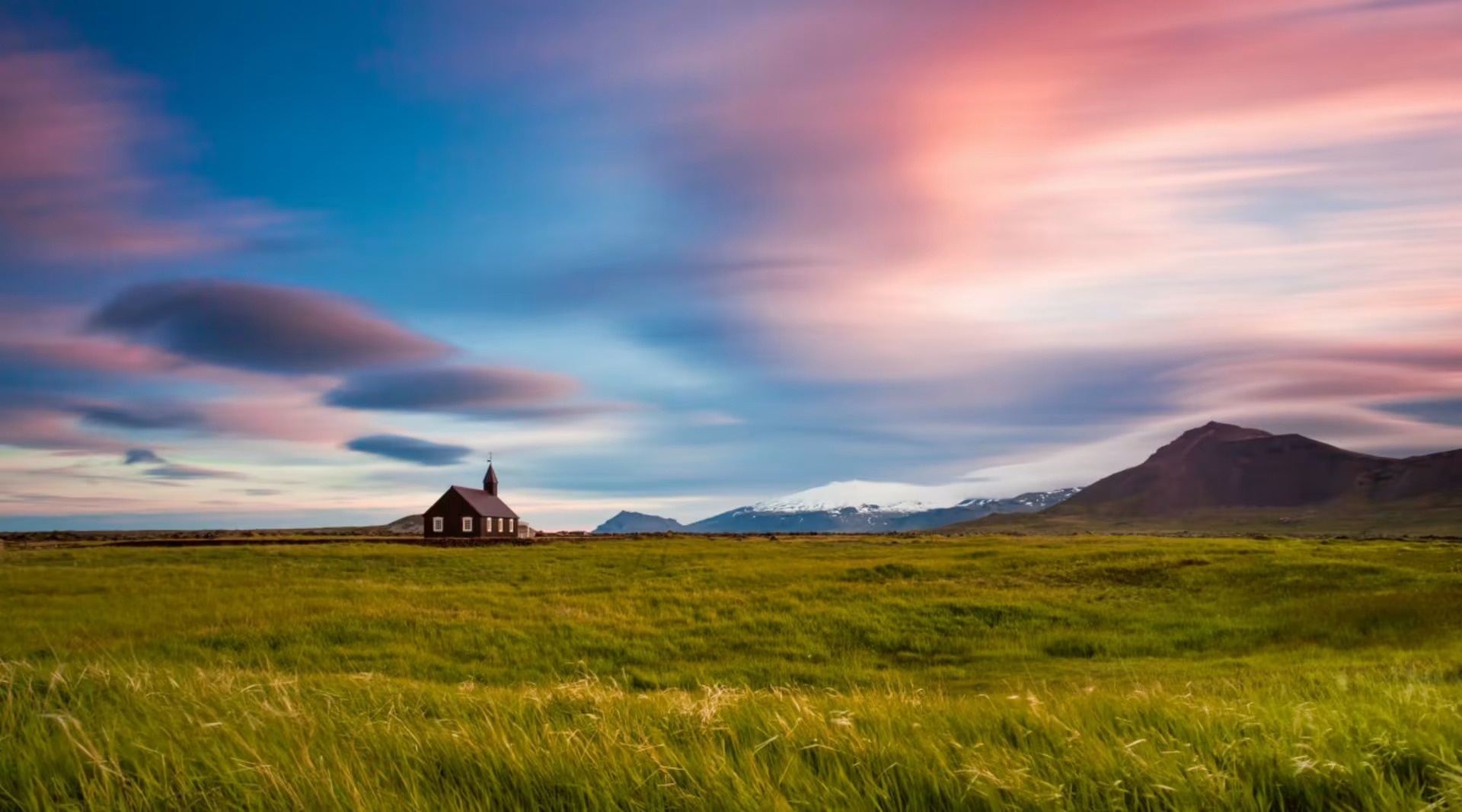How to Plan a Personalized Family Trip to Iceland
As a travel destination, Iceland stands out as one of the most family-friendly places you can visit. The local culture offers an attitude of general safety, and it is common for native kids to play outside, even after dark, when the cold winter months provide only limited sunlight each day.
Exploring Iceland with loved ones makes for one of the most memorable, fun, and exciting family vacations imaginable. Personalized Family vacations in Iceland are perfect for adventurous families who love to explore the outdoors, dine on delicious local cuisine, and experience some of the most dramatic landscapes, waterfalls, and wildlife on the planet.
Visiting Iceland with family means exploring one of the safest countries in the world. And there are few other places where you can hike a glacier, bask in the spray of waterfalls, ride Icelandic horses down the coast, or take a super-jeep tour to the rim of an active volcano.
Iceland is also a place where the warmth of the locals is almost as powerful as the volcanoes that fuel the geothermal baths that dot the country. The Icelandic people are generally quiet and reserved, but many have a deep love for children and tourists.
Is Iceland Family Friendly?
Iceland is one of the safest countries in the world. The crime rate is exceptionally low, the education rate is among the highest in the world, and Iceland is consistently rated in the top 5 on the World Happiness Report.
While you’re traveling Iceland with your loved ones, you’ll also learn about Iceland’s tremendous Viking heritage. From the explorers to the Viking legends, the myth and history in Icelandic tales offer stories for kids to get lost in. They are filled with adventure, passion, and mythical creatures.
Is It Easy To Travel Iceland With Family?
Iceland has an absolutely rock-solid tourism industry. This north-Atlantic country sees a massive influx of visitors who are focused on the Reykjanes Volcanoes to Golden Circle tour. You can check and research best Private and Personalized Day Tour online and through trip advisors website.
The roads in Iceland are fantastic. And, unless you are looking to explore the Icelandic Highlands that are found on the rough F-Roads (which certain rentals will not be allowed to travel on), you’ll be just fine with a two-wheel drive vehicle. But, if you want to truly get off-the-beaten-path, you’ll want something with 4-wheel-drive.
Grocery stores in Iceland are well stocked with supplies such as formula, milk, diapers, pureed food and more. You’ll find two types of milk on the shelves. One is shelf-safe and can be stored, refrigerated for a few days. The main benefit of hiring local operators is they know all things very well and have good exposure and give you personalized tour experience.
How to Get to Iceland With Family
Iceland is very conveniently located right between Europe and North America. In fact, it is literally the dividing point between the two countries. You can actually swim, snorkel or even SCUBA dive between the two tectonic plates in an area of Thingvellir National Park called the Silfra Fissure.
Because of this and a large tourism push in the country, flying into Iceland is relatively inexpensive from countries such as Canada, the United States, and most of Europe.
You can research online and hire private tours for your family for your Iceland trip to enjoy the time in a very secure and personalized way.
With endless nature and epic views surrounding you, it’s easy to get caught up in the madness and want to try something exciting! Luckily, many of these adventurous activities can be done with children. Well, at least children of a certain age. There are some of the most exciting activities in Iceland for kids.
We value your time as much as you do, which is why we offer customized tours tailored to your specific needs. If you want to personalize your trip to Iceland, we are ready to plan the tour according to your request and select the best attractions and activities for your family or friends’ trip.
Here are some great tours we recommend
Your adventure in Iceland starts here






